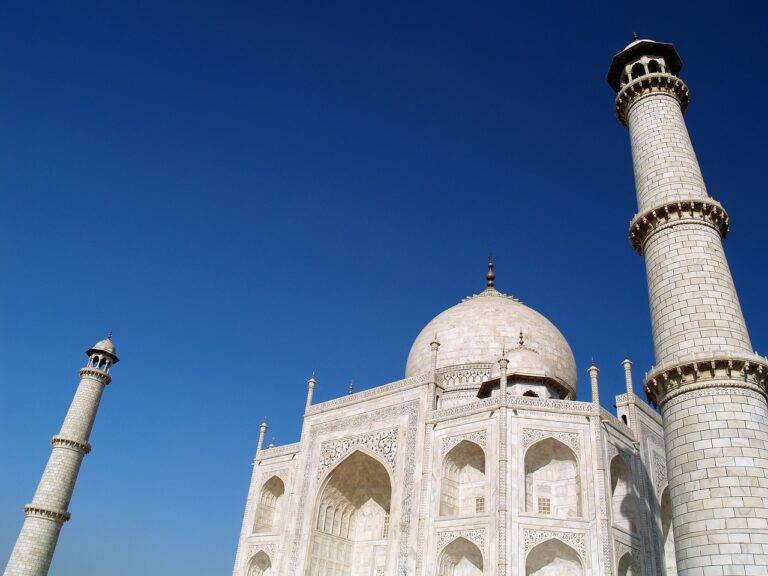Exploring the Role of Lobbying Groups in Shaping Election Policies
Lobbying groups have a long history intertwined with the political landscape. From as far back as the early days of the United States, interest groups have utilized various strategies to advocate for their causes and influence policymakers. In the 19th century, groups such as the Women’s Christian Temperance Union played a crucial role in campaigning for prohibition laws by lobbying politicians at the local, state, and federal levels.
As the United States evolved, so did the role of lobbying groups in politics. The late 19th and early 20th centuries saw the rise of powerful industrial lobbying groups representing sectors such as oil, railroads, and banking. These groups often wielded significant influence over lawmakers, shaping policies and regulations to favor their interests. This era marked a shift towards more organized and well-funded lobbying efforts, setting the stage for the complex relationship between lobbying groups and politics that continues to this day.
The Influence of Lobbying Groups on Election Campaigns
Lobbying groups have long played a significant role in shaping election campaigns. These groups often contribute substantial sums of money to political candidates, which can heavily influence their agendas and policies. Candidates may feel obligated to align with the interests of these lobbying groups in order to secure financial support for their campaigns.
Furthermore, lobbying groups frequently employ lobbyists who work to directly influence policymakers and politicians. These lobbyists advocate for the specific interests of their groups and can have a significant impact on the decisions made by elected officials. The relationships between lobbying groups and politicians can shape election campaigns by swaying the positions taken by candidates on key issues.
Examples of Lobbying Groups Impacting Election Policies
Lobbying groups have played a significant role in shaping election policies across the globe. One such prominent example is the National Rifle Association (NRA) in the United States. The NRA is known for its influential advocacy for gun rights and has successfully swayed election policies through extensive lobbying efforts targeting politicians who align with their agenda.
Another noteworthy lobbying group that has impacted election policies is the American Israel Public Affairs Committee (AIPAC). AIPAC is a pro-Israel lobbying group that wields considerable influence in U.S. elections by supporting candidates who are favorable to Israel and promoting policies aligned with Israel’s interests. The group’s lobbying efforts have led to various election policies that reflect a strong U.S.-Israel relationship.





